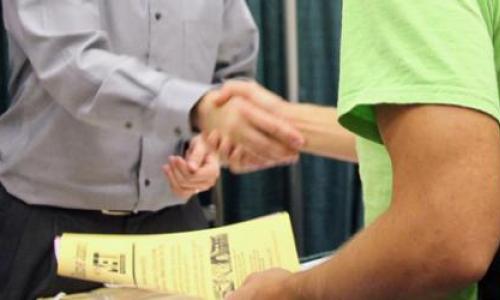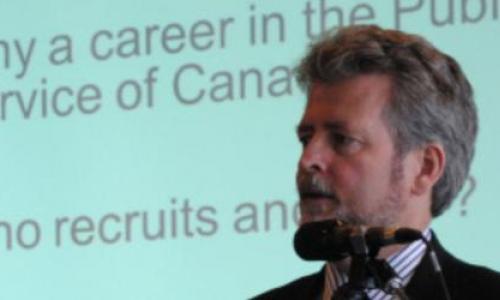
How to Deal When Things Get Dirty
The interview can be the most stressful and nerve-wracking part of applying for a new job. "The Dirty Dozen", the 12 most commonly asked difficult interview questions have been compiled here for you in a three-part series, to help you get some practice hearing them, and to give you some helpful advice in answering them. Here is Part Two of the "Dirty Dozen"...
5. How did you like you old job?
Question Intent
In effect, the interviewer is asking: What will he/she say about me/this company to others? The interviewer is trying to anticipate problems you may present based on your previous employment. This is also another way of analyzing your reasons for leaving your last position.
Answer Tips
Again, it’s all about the honesty. Tell the employer what worked for you, and what didn’t. Be descriptive, not evaluative. For example, instead of saying that your boss was “bad” or “Satan himself”, phrase it in a more respectful manner: “my boss didn’t give enough notice on deadlines.” It helps if you attribute it to specific actions, and not necessarily personality.
6. What kind of salary are you looking for?
Question Intent
This could be called the absolute worst interview question. It's somewhat cruel - the employer may be trying to assess your "worth" - what you believe you should be paid based on your skills, or they may be trying to test your ability to handle awkward situations. Aside from that, we're really not sure why employers ask this question.
Answer Tips
As aforementioned, this is a tricky one. Try to avoid numbers here. A better route is to say something along the lines of, “I know the going rate for this kind of work, and your company has an excellent reputation. I have no doubts that you would supply a reasonable salary.” Monster.ca recommends that you turn it around by asking them, if you are unsure, "What is the salary range for similar jobs in your company?" Answering without numbers or expectations is simply the best way to handle this question.
7. What do you know about our company?
Question Intent
The interviewer is trying to discover whether you have done the necessary preparation as an indication of your work ethic and future behaviour. This will also give an indication of your desire to work for the company.
Answer Tips
This is one of the places in which preparation and research is so important. Demonstrate your knowledge of the company's major products or services and how they fit into the company's strategy. Some areas where you can learn about the company include its website, brochures, and trade magazines. You can also go on to tell the employer why it is that their company is your kind of place, and give him/her valid reasons why. For example, if you were applying to a nonprofit organization, you might tell them you had a friend who truly benefited from their services in the past (if it's true), and that working for the organization would truly make you feel like you were doing something positive for the community.
8. Why should we hire you?
Question Intent
When an employer asks you this question, he/she is giving you the opportunity to make your final mark. Maximize on it!
Answer Tips
You can relate back to your personality traits, education and experience, or you can simply tell them how valuable you will be as a part of their team.
Sample Response
"I sincerely believe that I'm the best person for the job. I realize that there are many other college students who have the ability to do this job. I also have that ability. But I also bring an additional quality that makes me the very best person for the job -- my attitude for excellence. Not just giving lip service to excellence, but putting every part of myself into achieving it. In college and at my previous jobs, I have consistently reached for becoming the very best I can become."
Beyond the Blog
- Check out the OLC's Interview Question Database for more tips like Darryn's.















